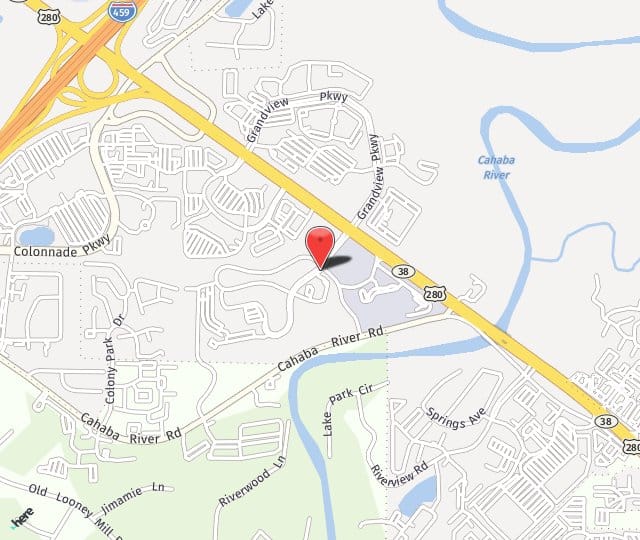Slow Down that Heart Rate
Everyone has rapid heart rates at times. During exercise your heart rate can climb to 180 beats per minute. Generally, it’s considered the maximum heart rate a person should have is 220 less your age. So, if you’re 40, you’d subtract 40 from 220 and your maximum heart rate during exercise should be 180. But […]
Slow Down that Heart Rate Read More »

